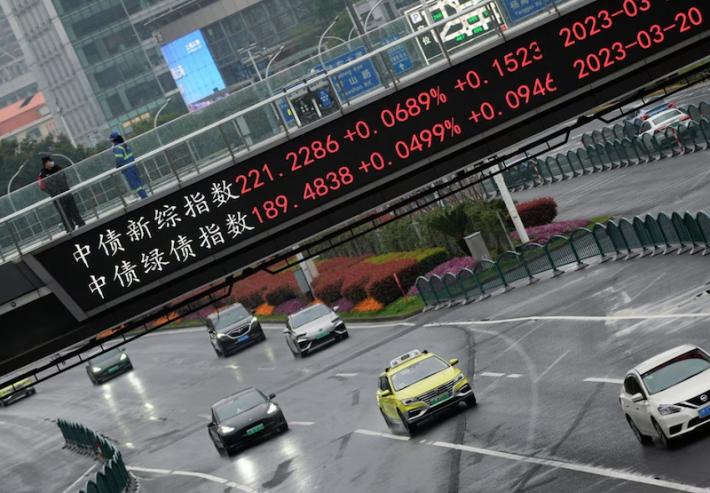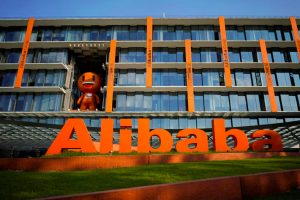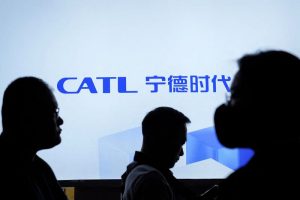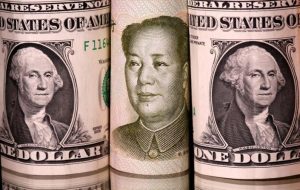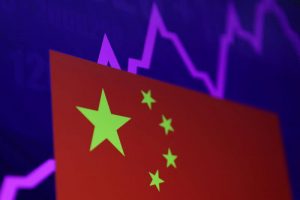China’s securities regulator announced new measures on Saturday to address public outcry around short-selling of shares and prop up the country’s steadily weakening stock market.
The China Securities Regulatory Commission said in a statement that it plans to restrict securities lending businesses and tighten scrutiny on improper regulatory arbitrage.
The regulator said it will take various steps to strengthen the management of securities lending and re-lending businesses, including higher margin requirements.
Also on AF: China Detains Former AMC Fund Manager Wang Yawei
It will also restrict lending of shares by strategic investors and senior management in newly listed companies, the regulator said.
The rules come amid calls to restrict securities lending by strategic shareholders in newly-listed companies, after senior management of an automobile parts-maker was found to have lent shares to short-sellers on the first day of trading after its initial public offering (IPO).
Senior management and key employees of Shandong Golden Empire Precision Machinery Technology lent more than 200 million yuan ($27.4 million) of shares to short-sellers, according to a report by the South China Morning Post (SCMP).
The shorted stocks were worth nearly an 8% stake in the company and were worth about 227 million yuan ($31 million), the report added.
While the move was in compliance with existing Chinese securities regulations, it triggered huge public discontent and a regulatory probe into the activities.
Golden Empire had raised 1.19 billion yuan (close to $163 million) in its IPO and shares in the company rose sharply on their debut last month.
Slew of measures
Saturday’s announcement is one of many moves employed by Chinese regulators to stabilise the country’s lagging stock market. China’s benchmark CSI 300 index is down nearly 6% so far this year, in sharp contrast to the S&P 500 that has seen gains of more than 13% in the same period.
Late last month, the CSRC began investigating some hedge funds and brokerages on quantitative trading strategies, sources said. It also sought information from major quant funds on their money-making strategies.
The steps came as fund managers and retail investors heaped criticism on quant funds and short sellers for market weakness, as they are able to profit from share price falls and volatility.
Between August and last month, the CSRC also announced a slew of measures to revive the stock market and boost investor confidence. These included reducing trading costs, slowing the pace of IPOs, encouraging margin financing and protecting small investors.
The moves, however, failed to drive a sustainable rally in Chinese markets.
- Reuters, with additional inputs from Vishakha Saxena
Also read:
China Curbs Brokerage Accounts in Bid to Stop Capital Outflows
China’s Move to Slow Down IPOs May Backfire on Frail Economy
Israel-Hamas War Casts Long Shadow Over China’s BRI Stocks
China Offshore Listings Backlog Blamed on New Scrutiny Rules
Chinese Investors Ploughing Into Foreign Assets Via ETFs, QDII Scheme
China to Price Hong Kong-Listed Alibaba, Tencent Stocks in Yuan




